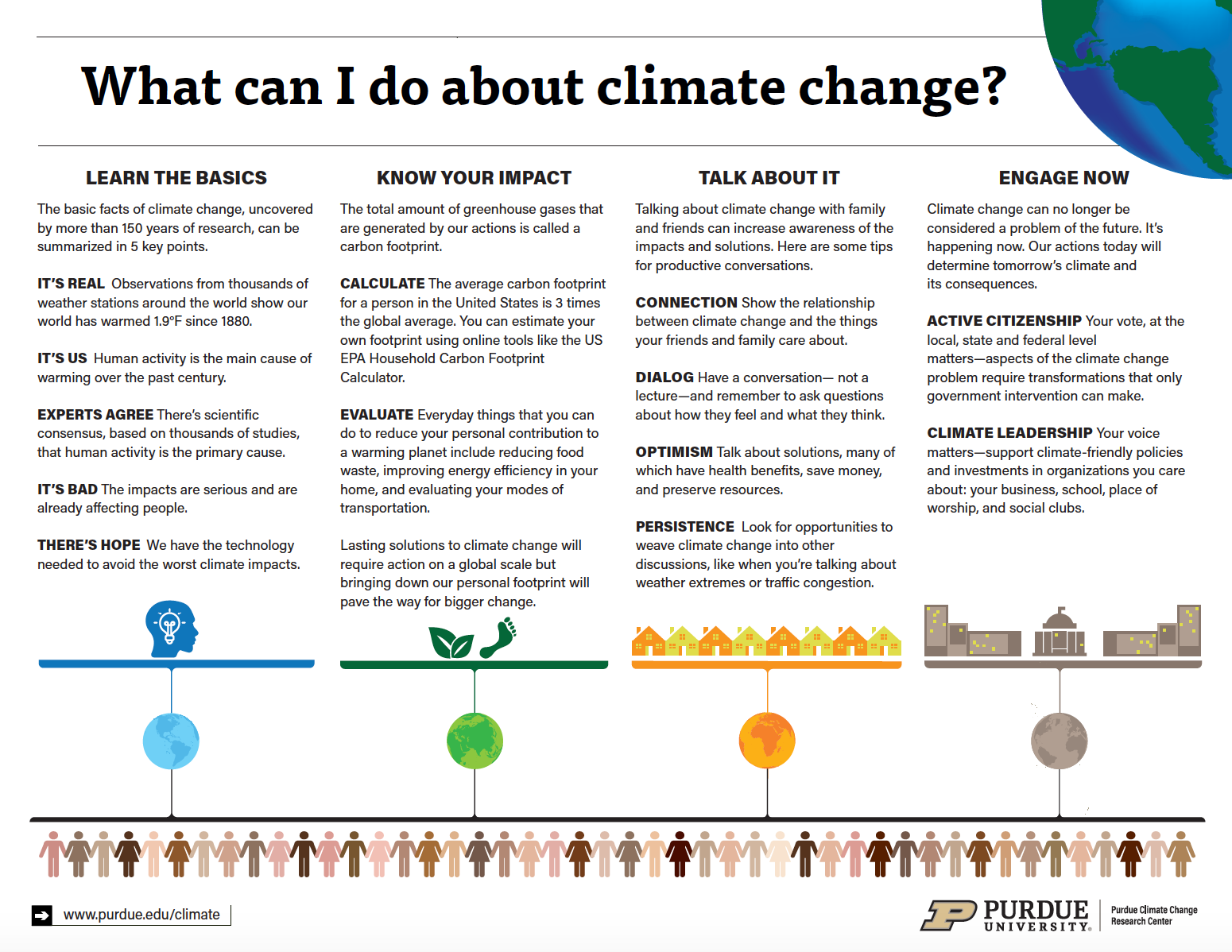Hello everyone,
I would like to talk about something that affect our students in Puerto Rico almost every school year.
Natural disasters are becoming increasingly frequent and severe due to climate change, affecting millions of our students worldwide. Schools are not only disrupted by these events, but they also play a crucial role in educating future generations about climate resilience and adaptation. This forum is dedicated to discussing the multifaceted impact of natural disasters on education and the importance of integrating climate change education into our curricula.
The impact on education in Puerto Rico due to Hurricane Maria in 2017, the earthquakes of 2020, and the COVID-19 pandemic has been profound. Hurricane Maria devastated school infrastructure, leaving many students without access to adequate schools and essential educational resources for months. The recovery was slow, and just as schools were beginning to recover, the 2020 earthquakes caused additional damage, forcing numerous educational institutions to close and leaving students in constant uncertainty. The COVID-19 pandemic added another layer of challenge with the sudden transition to online education, exposing and exacerbating the existing digital divide. Many students lacked access to technological devices and internet connectivity, making distance learning difficult. These consecutive events not only interrupted formal education but also affected the emotional and psychological well-being of students and teachers, highlighting the need for a more resilient and adaptive educational system in the face of natural disasters and global crises.
Every school year I create a climate change project attach to mental health activities to work both. Sensory Technologies are very important for my students to recognize and manage emotions. Apps like Emotions Manager and DailyBean are very helpful.
Here are a couple of questions to think about and I would like to know your answer:
- What are the long-term psychological effects of experiencing a natural disaster on students?
- How can schools support the mental health of students and staff in the aftermath of such events?
